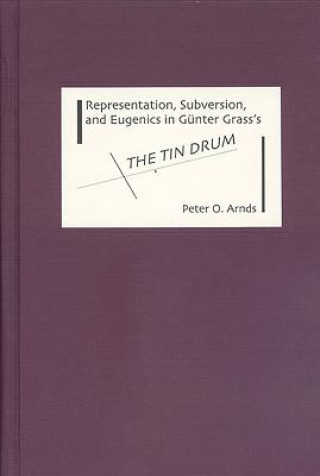
Kód: 04818699
Representation, Subversion, and Eugenics in Gunter Grass's The Tin Drum
Autor Peter Arnds
In receiving the Nobel Prize for Literature in 1999, Gunter Grass, a prominent and controversial figure in the ongoing discussion of the German past and reunification, finally gained recognition as Germany's greatest living author ... celý popis
- Jazyk:
 Angličtina
Angličtina - Väzba: Pevná
- Počet strán: 188
Nakladateľ: Boydell & Brewer Ltd, 2004
- Viac informácií o knihe

131.48 €
Dostupnosť:
50 % šanca Máme informáciu, že by titul mohol byť dostupný. Na základe vašej objednávky sa ho pokúsime do 6 týždňov zabezpečiť.
Máme informáciu, že by titul mohol byť dostupný. Na základe vašej objednávky sa ho pokúsime do 6 týždňov zabezpečiť.Prehľadáme celý svet
Mohlo by sa vám tiež páčiť
-
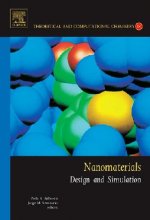
Nanomaterials: Design and Simulation
273.21 € -

Christopher Columbus
12.38 € -

Re-Thinking Green
26.82 € -

Serbia and the Balkan Front, 1914
221.19 € -
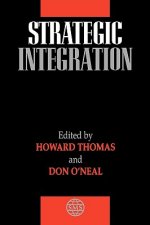
Strategic Integration
206.65 € -
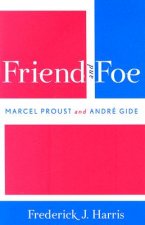
Friend and Foe
221.50 € -

Handbook of Content Literacy Strategies
59.49 €
Darujte túto knihu ešte dnes
- Objednajte knihu a vyberte Zaslať ako darček.
- Obratom obdržíte darovací poukaz na knihu, ktorý môžete ihneď odovzdať obdarovanému.
- Knihu zašleme na adresu obdarovaného, o nič sa nestaráte.
Informovať o naskladnení knihy
Zadajte do formulára e-mailovú adresu a akonáhle knihu naskladníme, zašleme vám o tom správu. Postrážime všetko za vás.
Viac informácií o knihe Representation, Subversion, and Eugenics in Gunter Grass's The Tin Drum
Nákupom získate 325 bodov
 Anotácia knihy
Anotácia knihy
In receiving the Nobel Prize for Literature in 1999, Gunter Grass, a prominent and controversial figure in the ongoing discussion of the German past and reunification, finally gained recognition as Germany's greatest living author, a writer of international importance and acclaim. Grass' 1959 novel "The Tin Drum" remains one of the most important works of literature for the construction of postwar German identity. Peter Arnds offers a completely new reading of the novel, analyzing an aspect of Grass' literary treatment of German history that has never been examined in detail - the Nazi ideology of race and eugenics, which resulted in the persecution of so-called asocials as 'life unworthy of life', their extermination in psychiatric institutions in the Third Reich, and their marginalization in the Adenauer period.Arnds shows that in order to represent the Nazi past and subvert bourgeois paradigms of rationalism, Grass revives several facets of popular culture that National Socialism either suppressed or manipulated for its ideology of racism. In structure and content Grass' novel connects the persecution of degenerate art to the persecution and extermination of these 'asocials', for whom the persecuted dwarf-protagonist, Oskar Matzerath, becomes a central metaphor and voice. This comparative study reveals that Grass creates in the novel an irrational counterculture opposed to the rationalism of Nazi science and its obsession with racial hygiene, while simultaneously exposing the continuity of this destructive rationalism in postwar Germany and the absurdity of a Stunde Null, that putative tabula rasa in 1945. Peter O. Arnds is associate professor of German and Italian at Kansas State University.
 Parametre knihy
Parametre knihy
Zaradenie knihy Knihy po anglicky Literature & literary studies Literature: history & criticism Literary studies: general
131.48 €
- Celý názov: Representation, Subversion, and Eugenics in Gunter Grass's The Tin Drum
- Autor: Peter Arnds
- Jazyk:
 Angličtina
Angličtina - Väzba: Pevná
- Počet strán: 188
- EAN: 9781571132871
- ID: 04818699
- Nakladateľ: Boydell & Brewer Ltd
- Hmotnosť: 428 g
- Rozmery: 236 × 161 × 19 mm
- Dátum vydania: 06. August 2004
Obľúbené z iného súdka
-

How to Read a Book
14.12 € -11 % -
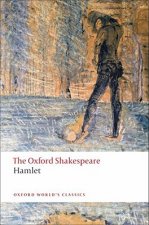
Hamlet: The Oxford Shakespeare
9.41 € -21 % -
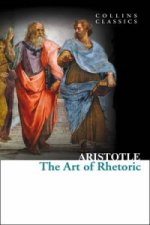
Art of Rhetoric
3.57 € -24 % -
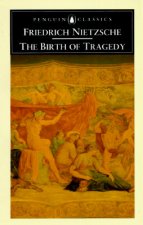
Birth of Tragedy
10.13 € -22 % -

Selected Essays
11.15 € -23 % -
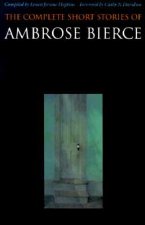
Complete Short Stories of Ambrose Bierce
21.19 € -19 % -

Serpent Power
21.19 € -19 % -
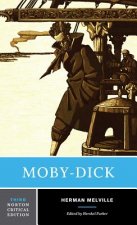
Moby-Dick
18.83 € -

Annotated Alice
11.46 € -21 % -

Nordic Noir
16.58 € -23 % -
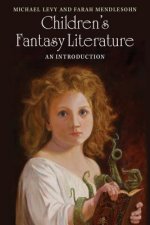
Children's Fantasy Literature
27.13 € -17 % -
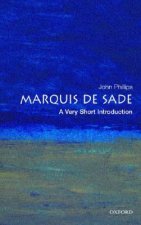
Marquis de Sade: A Very Short Introduction
9.10 € -30 % -

Mysteries of Udolpho
10.23 € -24 % -
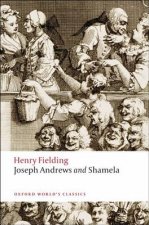
Joseph Andrews and Shamela
9.10 € -19 % -
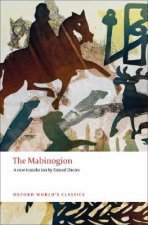
Mabinogion
11.15 € -23 % -

The Picture of Dorian Gray
6.65 € -22 % -
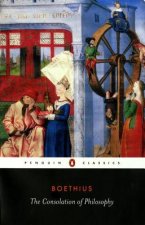
Consolation of Philosophy
11.15 € -23 % -

Seven Basic Plots
20.37 € -21 % -

Gulliver's Travels
6.85 € -23 % -

Life of Samuel Johnson
24.87 € -
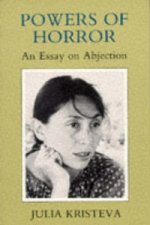
Powers of Horror
39.11 € -
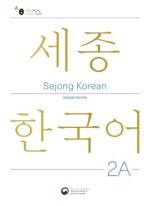
Sejong Korean Student Book 2A - English Edition, m. 1 Audio
29.69 € -

Road to Hel
61.54 € -
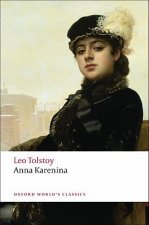
Anna Karenina
9.51 € -15 % -
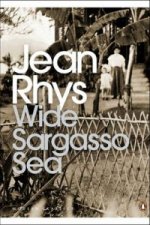
Wide Sargasso Sea
9.21 € -13 % -
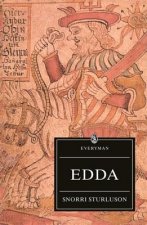
Edda
9.62 € -16 % -

Finn and Hengest
10.13 € -22 % -
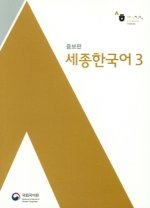
Sejong Korean 3, m. 1 Audio
27.54 € -
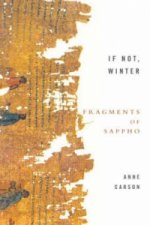
If Not, Winter: Fragments Of Sappho
18.73 € -23 % -
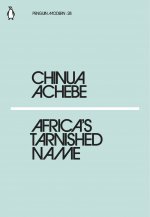
Africa's Tarnished Name
3.57 € -24 % -

Complete Poetry
8.80 € -

Captain is Out to Lunch
15.97 € -
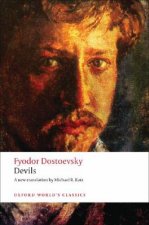
Devils
11.05 € -16 % -

Two Treatises of Government
10.85 € -3 % -

Count of Monte Cristo
11.15 € -23 % -

Sejong Korean 2 (Korean+English Version), m. 1 Audio
27.54 € -
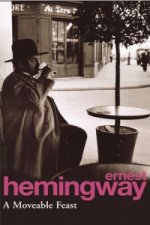
Moveable Feast
10.85 € -10 % -
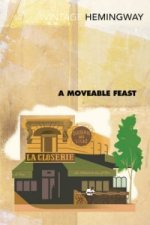
Moveable Feast
10.64 € -18 % -
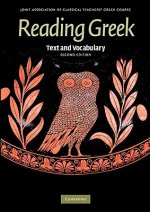
Reading Greek
40.13 € -

Dream Story
11.15 € -23 % -
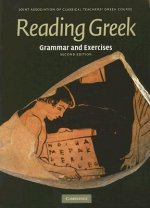
Reading Greek
45.46 € -

Analysis of Donna Haraway's A Cyborg Manifesto
8.69 € -4 % -
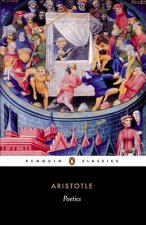
Poetics
11.15 € -23 % -
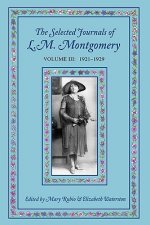
Selected Journals of Lm Montgomery Volume III 1921-1929
20.78 € -10 % -

Leaves of Grass
18.32 € -
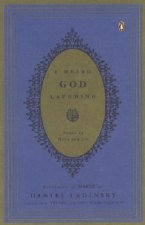
I Heard God Laughing
16.58 € -22 % -

Tragedy of King Richard III: The Oxford Shakespeare
8.39 € -24 % -
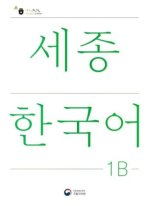
Sejong Korean Student Book 1B - Korean Version, m. 1 Audio
29.69 € -

Wild Ass's Skin
13.20 € -18 %
Osobný odber Bratislava a 2642 dalších
Copyright ©2008-24 najlacnejsie-knihy.sk Všetky práva vyhradenéSúkromieCookies


 21 miliónov titulov
21 miliónov titulov Vrátenie do mesiaca
Vrátenie do mesiaca 02/210 210 99 (8-15.30h)
02/210 210 99 (8-15.30h)